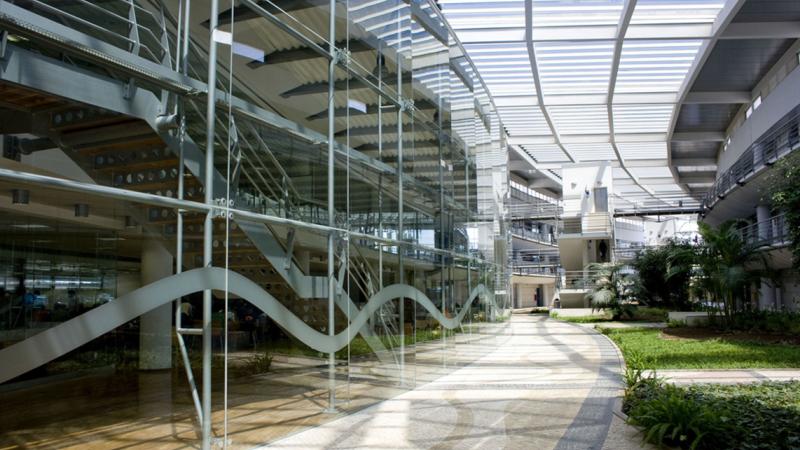Two Institutes Will Work Together on Research, Student Exchange, Joint Master’s and Doctoral Theses, Faculty/Staff Exchange, and Other Efforts
May 15, 2013

The formal agreement, which grew out of a desire by both universities to strengthen the links for cooperation, will focus on science, engineering, and technology.
“As the nation’s oldest technological research university with existing ties and collaboration across the globe, we are delighted to begin cooperation with Instituto Superior Técnico on a number of fronts,” said Jonathan S. Dordick, Rensselaer vice president for research and the Howard P. Isermann Professor of Chemical and Biological Engineering. “With their strength in engineering, science, technology, and architecture, they are a natural match to work with us. For more than a century, and similar to our goals, they have immersed their students and researchers in an exciting environment that is geared toward solving global challenges.”
“This agreement is the result of an effective and very fruitful cooperation that has been developed in the last 10 years between the Institute of Biotechnology and Bioengineering (IBB) at IST and the Center of Biotechnology and Interdisciplinary Studies at Rensselaer, which has involved joint Ph.D. and post-doctoral researchers and projects,” said Joaquim M.S. Cabral, director of IBB and professor of biological engineering at IST. “Recently, an international Ph.D. program on ‘Bioengineering: Cell Therapies and Regenerative Medicine,’ coordinated by IST, was approved by the Portuguese Foundation for Science and Technology. The participation of Rensselaer in this program brings their expertise and strength in biomaterials, tissue engineering, and nanobiotechnology to this effort as well as its international dimension, leading to a unique platform to foster new knowledge and scientific advances in regenerative medicine.”
Under the agreement, the two institutes will focus on the following areas:
- Promoting the exchange of undergraduate and graduate students
- Joint supervision of master’s and doctoral theses
- Exchange of faculty members and staff
- Collaboration in curricular development and establishment of undergraduate and post-graduate educational programs
- Promotion of joint research activities
- Organization and participation in joint research meetings and conferences
- Exchange of scientific materials, publications, and information
Under terms of the agreement, both universities will work together for at least five years.
About IST:
Since its creation in 1911, Instituto Superior Técnico is the largest and most reputed school of engineering, science and technology, and architecture in Portugal. IST aims to give students and alumni the education and the knowledge tools to improve, to change, and to shape society through science, technology, and entrepreneurship. The university provides top-quality higher education, strongly exposed to research, development, and innovation activities, immersing students in an exciting and global environment geared toward solving global challenges. Currently, about 11,000 undergraduate and graduate students attend and conduct research at IST in the following departments: bioengineering, civil engineering and architecture, electrical and computer engineering, engineering and management, computer science and engineering, mechanical engineering, chemical engineering, physics, and mathematics.
About Rensselaer:
Rensselaer Polytechnic Institute, founded in 1824, is the nation’s oldest technological research university. The university offers bachelor’s, master’s, and doctoral degrees in engineering, the sciences, information technology, architecture, management, and the humanities, arts, and social sciences. Institute programs serve undergraduates, graduate students, and working professionals around the world. Rensselaer faculty are known for pre-eminence in research conducted in a wide range of fields, with particular emphasis in biotechnology, nanotechnology, information technology, and the media arts and technology. The Institute is well known for its success in the transfer of technology from the laboratory to the marketplace so that new discoveries and inventions benefit human life, protect the environment, and strengthen economic development.